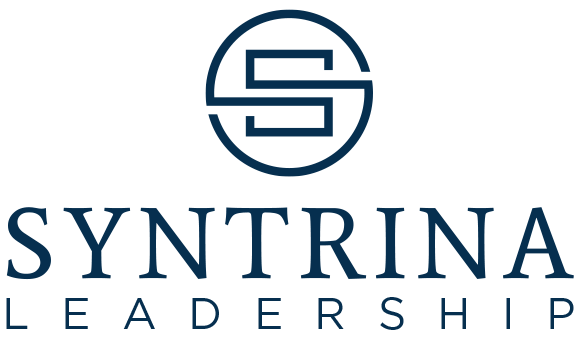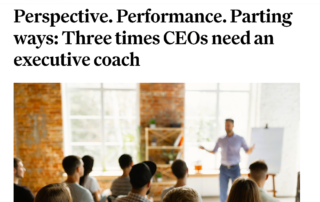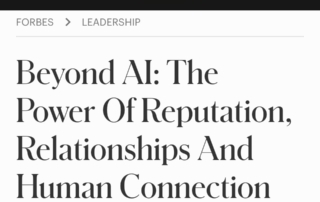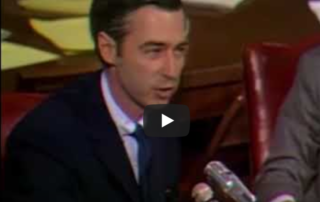CU Insight: Perspective. Performance. Parting Ways. Three Times a CEO Needs an Executive Coach
As a CEO or EVP, the question of whether to retain or let go of a senior executive can be one of the most difficult decisions you face. Their performance impacts not only your bottom line but also your organizational culture, team morale, and long-term success. This is where an executive coach becomes a critical resource. Whether you need to elevate a leader’s performance or confirm that a transition is inevitable, coaching provides clarity, direction, and actionable insights. Leadership is a lonely place. The challenges you face require a level of focus, resilience, and perspective that few people understand. An executive coach is uniquely positioned to help you—and your team—thrive. Below are three key scenarios where coaching is not just valuable but essential. A trusted perspective: The personal trainer for your leadership Even the most accomplished leaders need someone who can offer objective insights and help them navigate the complexities of leadership. Just like a personal trainer enhances your physical fitness routine, an executive coach sharpens your leadership skills and ensures you remain on track. As a CEO, you likely have a strong vision and strategy, but the day-to-day pressures of running an organization can cloud your judgment. An [...]










